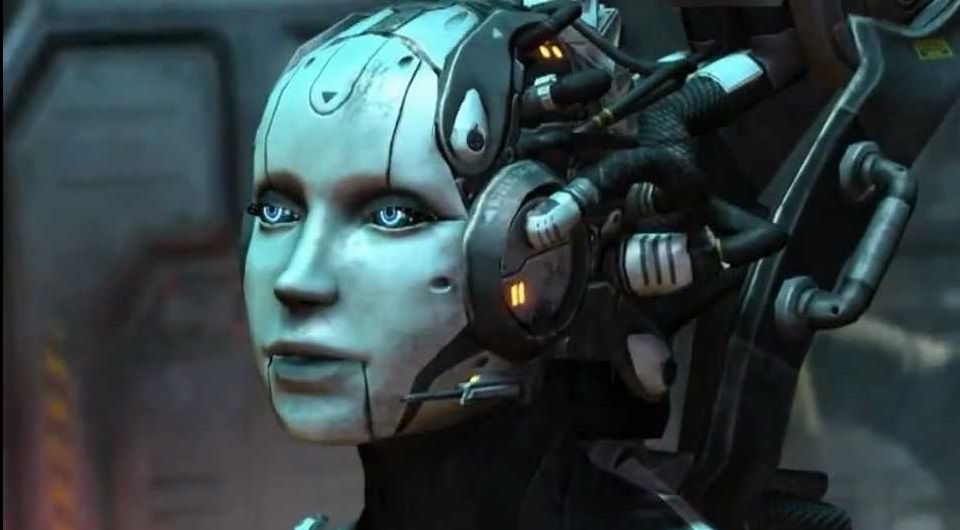Not unless it gets a little smarter and more lethal.
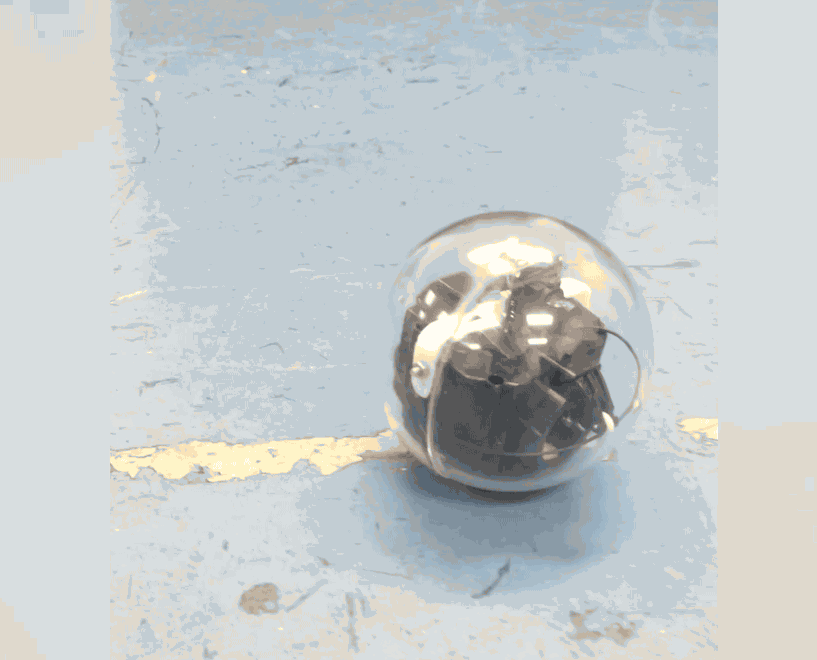


In the 1960s, most research on computers centered on how to ease daily tasks, but RAND was also exploring how to develop both hardware and software capable of self-direction and of learning. Today, artificial intelligence (AI) represents an exciting area of technology development that has promise to fundamentally change the way that humans live, work, and interact with one another.
In this Events @ RAND podcast, our panel of experts discuss the role AI is playing in society, including the incredible promise and pressing concerns. Bill Welser and Osonde Osoba talk about the unintentional biases due to data and design practices affecting AI systems in use today and why caution must be used in designing AI systems for the future. Dave Baiocchi moderates.
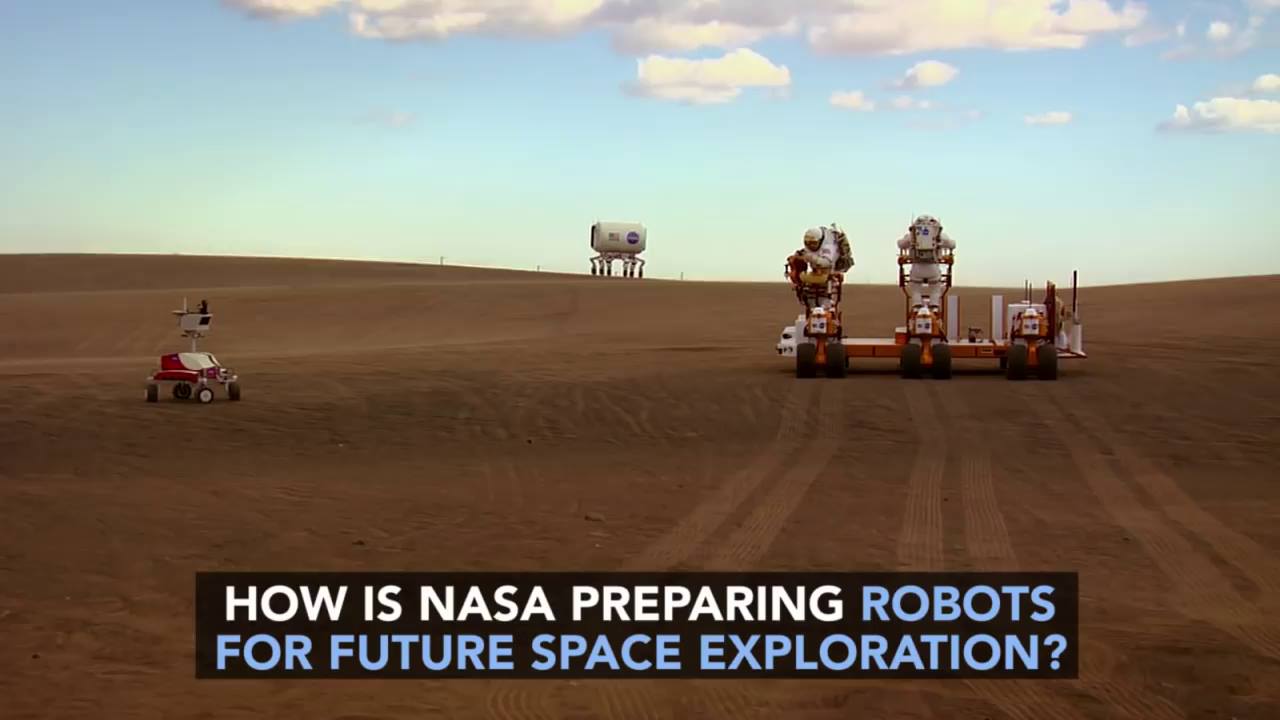


Microsoft announced this morning that it has acquired Maluuba, a Toronto startup focused on using deep learning for natural language processing. Deep learning is an approach to artificial intelligence currently in vogue that has driven incredible gains in the field over the last five years. As Microsoft wrote in the blog post announcing the purchase, “We’ve recently set new milestones for speech and image recognition using deep learning techniques, and with this acquisition we are, as Wayne Gretzky would say, skating to where the puck will be next — machine reading and writing.”
The Verge covered Maluuba in the summer of 2016, when the startup shared the results of an AI system that could read and comprehend text with near human capability, outperforming similar systems shown off by Google and Facebook. Along with acquiring the company, Microsoft has also established closer ties with Yoshua Bengio, a pioneer in the field of deep learning who served as an advisor to Maluuba, and will now become and advisor to Microsoft’s AI division.
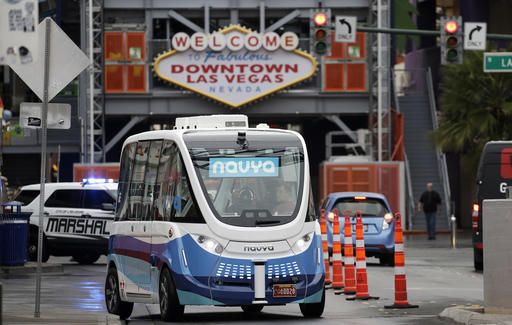

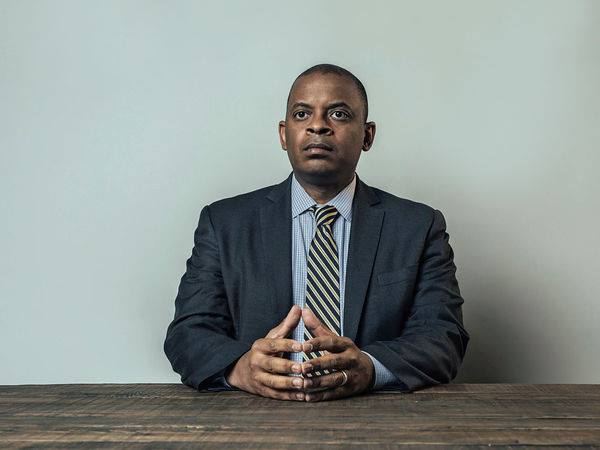
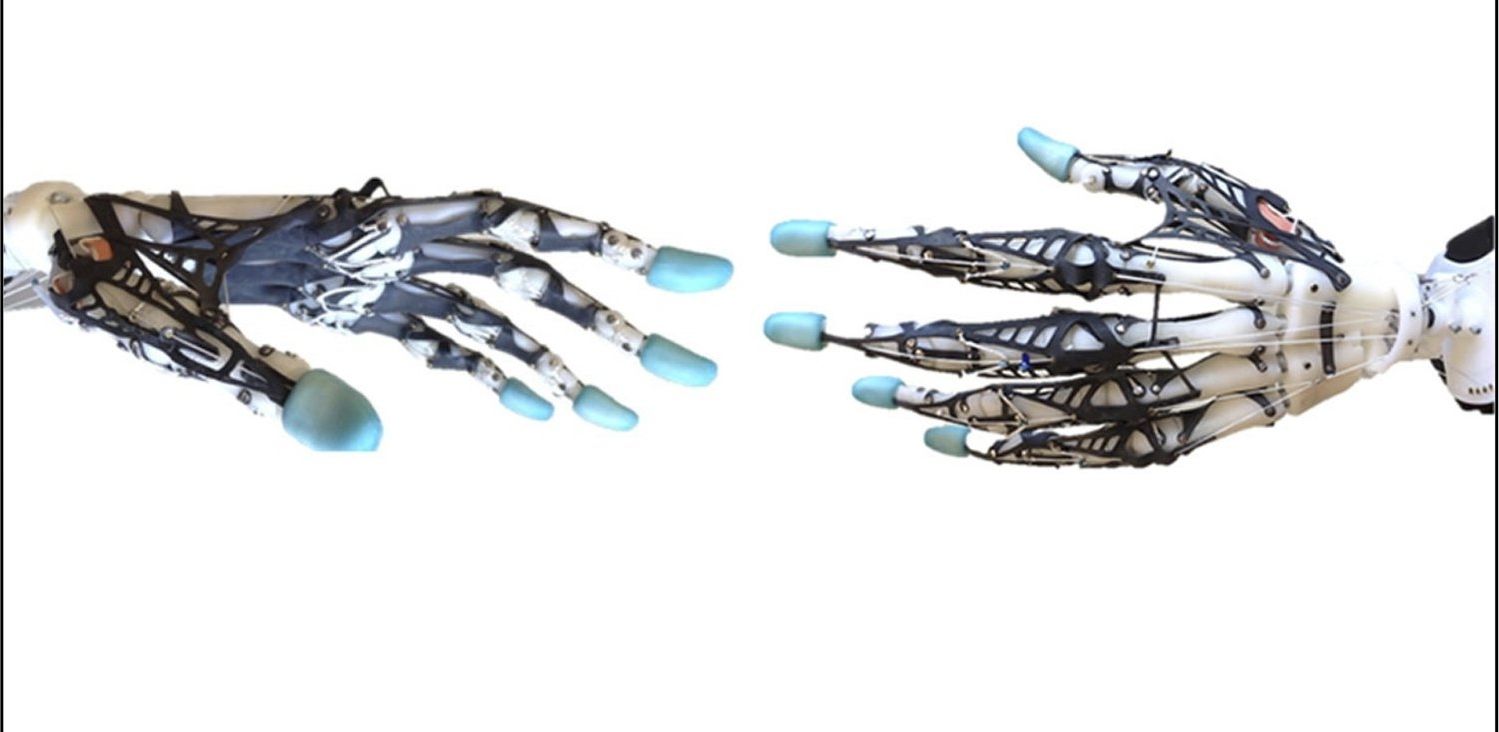
Most of today’s robot hands can perform easy tasks. They’re uber-practical grippers, simple and useful. But is it really so much to ask for robotic masterworks as dextrous as Luke Skywalker’s bionic hand in Star Wars? In short, yes, yes it is. It might have been a long time ago in a galaxy far far away—but most Star Wars tech is beyond us.
Still, it’s hard not to get in a Star Wars state of mind watching this beautiful robot hand engineered by Yale postdoc Joseph (Zhe) Xu and the University of Washington’s Emanuel Todorov.
